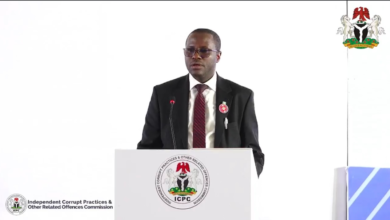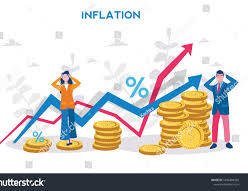Kwara revises 2020 budget to N115bn

Kwara state government executive council has approved the slashing of the 2020 budget to N114, 791,853,968, a 29.4% decrease from the approved budget of N162,487,666,170.
The bud cut was a fallout of dwindling revenue arising from COVID-19 pandemic and steep global economic slowdown.
At a virtual meeting presided over by governor AbdulRahman AbdulRazaq, the cabinet approved the presentation of the revised appropriation bill 2020 to the Kwara State House of Assembly.
The governor has forwarded the document to the House on Thursday.
The cabinet meeting was heralded by a one-minute silence and prayer for the late Chief of Staff to the governor Aminu Adisa Logun.
The budget prioritises completion of ongoing capital projects and first-line charges such as payment of salary, gratuities and pension, and social spendings targeted at curbing abject poverty.
The new budget allocated N46.9bn to capital expenditure, down from the N89.4bn in the approved one, while N67.8bn would be spent on recurrent expenditure, down from N73bn in the appropriation law.
The proposal adjusted revenue to the state to N104bn, down from the N150.2bn in the approved budget.
Sectoral breakdown showed a huge allocation of N22.9bn to health (as against N27.7bn in the approved budget); N23.6bn to education, down from N33.8bn in the approved budget, N6.6bn to Works, down from N17.2bn in the approved budget; and N2.3bn to agriculture, down from the initial N3.3bn.
Sources of financing of the revised budget included federal allocation of N46.1bn; internally generated revenue of N25.9bn; opening balance of N7.4bn; N6.9bn anticipated receipts for the various inherited World Bank programmes in the state such as Youth Employment and Social Support Operation (YESSO), Community and Social Development Project(CSDP), Rural Access and Agricultural Marketing Project (RAAMP), and Accelerating Nutrition Results in Nigeria (ANRIN), etc; and the domestic short-term loan of N1.8bn (UBEC counterpart funds).
The financial estimate was predicated on zero-based budgeting approach system and the macro-fiscal assumptions in the addendum to the Federal Government MTEF 2020, including $25 oil price as against the pre-pandemic $57 (56.1% decrease), oil production estimate of 1.9m barrel per day as against 2.18million barrel per day (12.8% reduction), average exchange rate of N360 as against 305, and inflation rate of 14.13% as opposed to the 10.81 earlier predicted.
In her presentation of the reviewed budget at the cabinet meeting, Commissioner for Finance and Planning Oyeyemi Olasumbo Florence listed the objectives of the budget to include aggressive mobilisation of resources to contain the pandemic and save lives through provision of critical infrastructure in health, education, water supply and sanitation as well as social development and protection, according to a statement by the Commissioner for Communication, Harriet Afolabi-Oshatimehin
the budget would also reallocate resources from administrative capital to investment capital on economic driven activities to create employment opportunities in agriculture, industries, small and medium scale enterprises, infrastructure in energy, ICT development and rural road development.
Blueprint





